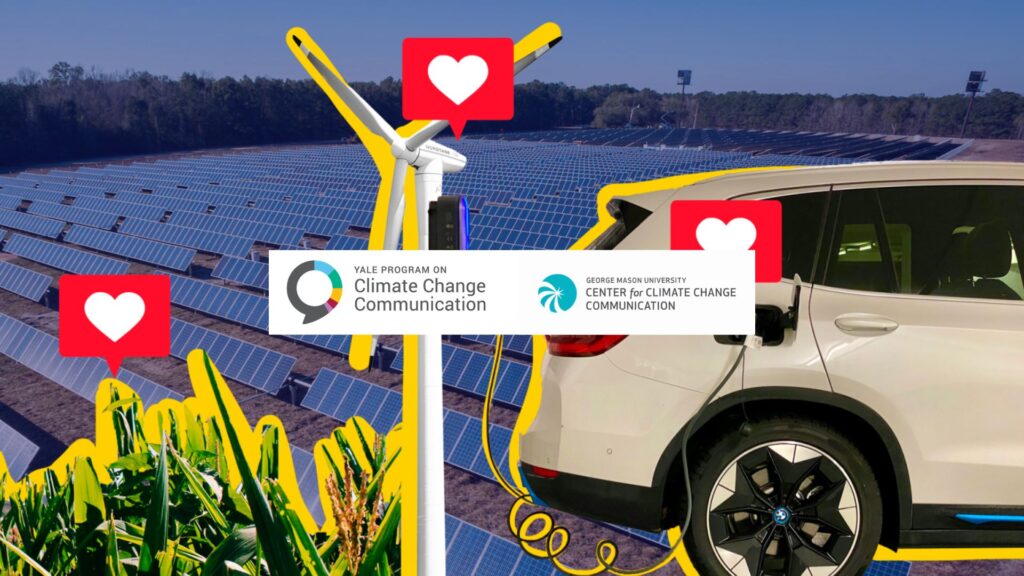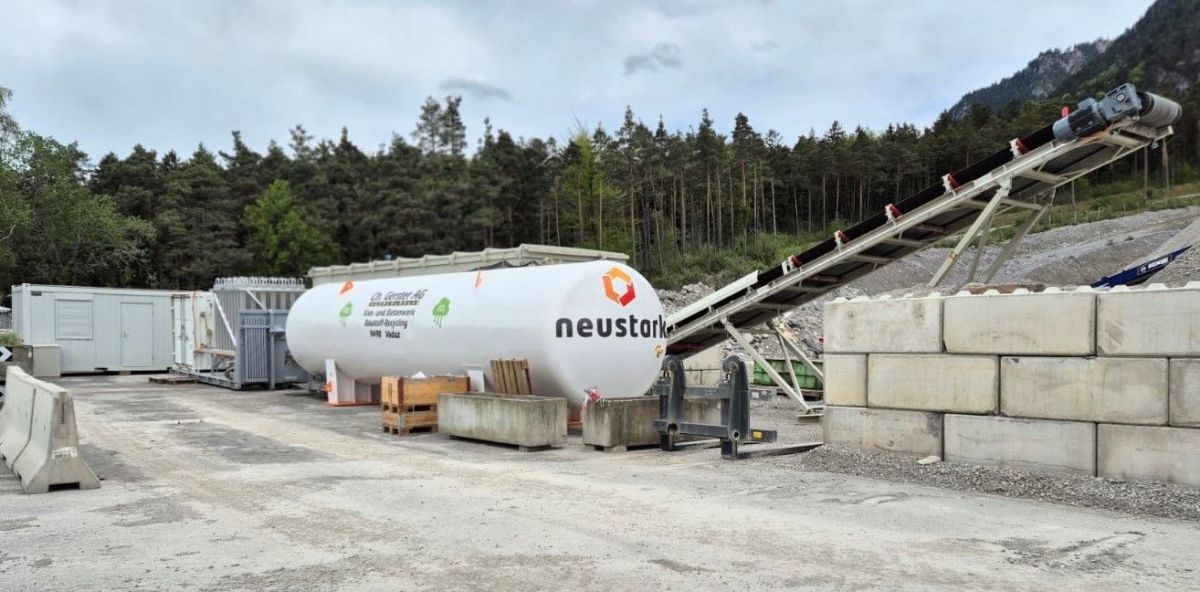70% of U.S. Voters Believe that Policies Promoting Clean Energy Will Improve Economic Growth and Create Jobs: Yale Survey

|
Listen to this story:
|
Key Points:
- Broad support: Majority of U.S. voters favor climate policies.
- Tax credits: Strong backing for EV and solar incentives.
- Bipartisan opportunities: Moderate Republicans align more with Democrats.
A majority of U.S. voters support key climate policies, according to recent research by the Yale Program on Climate Change Communication and the Center for Climate Change Communication at George Mason University. This broad backing spans across various policies aimed at tackling climate change, highlighting significant opportunities for bipartisan efforts.
Farmer Carbon Storage Federal funding to help farmers store carbon in soil enjoys robust support, with 86% of voters backing this initiative. Notably, this was the only climate policy that garnered approval from conservative Republicans, with 71% in favor. This widespread endorsement underscores the appeal of agricultural solutions to climate change across the political spectrum.
Job Training for Renewable Energy As energy production shifts away from fossil fuels, a national program to retrain workers from the coal, gas, and oil industries to work in renewable energy has garnered 77% voter support. The transition to clean energy jobs is seen as essential for economic resilience and sustainability.
Tax Credits for EVs and Solar Panels Seventy-seven percent of voters also support tax rebates for individuals who purchase electric vehicles or solar panels for their homes. This policy is a prominent feature of the Inflation Reduction Act, a federal law passed in August 2022 that invests substantially in U.S. clean energy production.
Electrifying Heating and Cooking Tax credits or rebates to help offset the costs of replacing oil- or gas-burning household appliances, such as heat pumps or induction stoves, have the approval of 74% of respondents. These incentives are crucial for reducing household carbon footprints and promoting cleaner energy use.
Regulating Carbon Dioxide A policy to regulate carbon dioxide as a pollutant is backed by 74% of voters. This regulatory approach is seen as a necessary step to curb greenhouse gas emissions and combat climate change.
Transitioning to Clean Energy by 2050 Most voters envision a carbon-free future, with 66% supporting the transition of the U.S. economy from fossil fuels to 100% clean energy by 2050. However, support among conservative Republicans is significantly lower, at just 23%.
Political Divide The report illustrates how opinions about climate policies differ across political worldviews. Democrats robustly support all the climate policies described in the survey. In contrast, Republican voters are split on their policy preferences, with conservative Republicans showing limited support for measures beyond agricultural carbon storage. Interestingly, moderate Republicans express strong support for each of the policies, aligning more closely with moderate Democrats than with their conservative counterparts.
Opportunities for Policymakers These findings suggest that mainstream views in the U.S. may be coalescing toward agreement on climate solutions. Efforts to seriously reduce climate-warming pollution have only just begun, and future progress hinges on widespread and enduring public support. This data indicates that policymakers have an opportunity to continue building bipartisan agreement.
Related Article: AVANGRID Strengthens Support for Energy Innovation by Extending Collaboration With Yale
In conclusion, the strong support for various climate policies among U.S. voters presents a unique opportunity for policymakers to advance effective climate initiatives. By leveraging this broad backing, especially from moderate Republicans, there is potential to foster bipartisan consensus and make significant strides in addressing climate change.
View Full Survey










